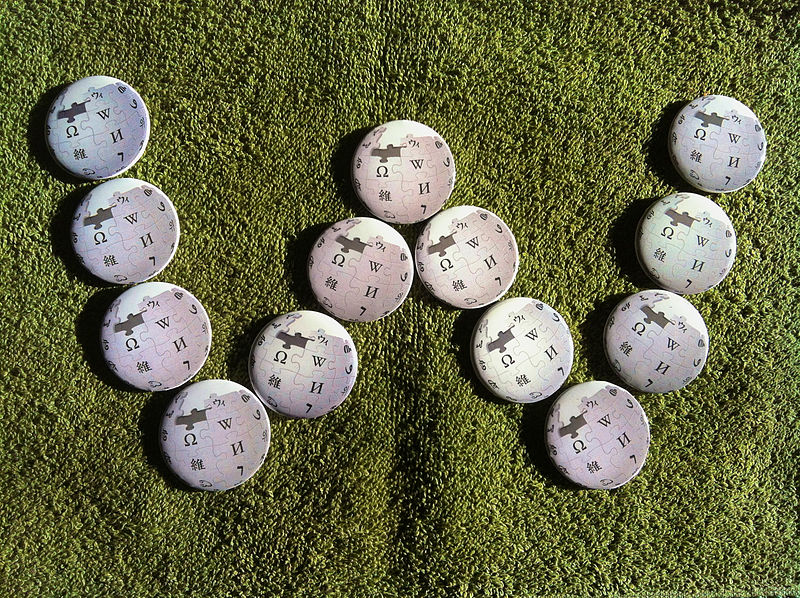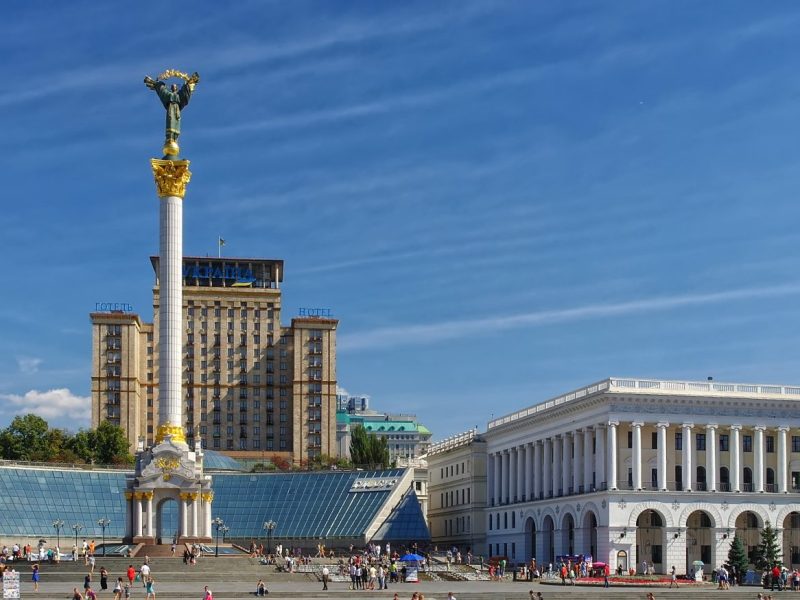We have submitted a response to the U.S. Copyright Office’s request for comment on section 512 of the Digital Millennium Copyright Act (DMCA). Section 512 establishes “safe harbors” for online intermediaries, protecting them from copyright liability for user-contributed content. Many websites, including Wikipedia and other Wikimedia projects, rely on these safe harbors. In exchange for the safe harbor protections, section 512 also creates a notice-and-takedown process. In that process, an intermediary must take down content if a rightsholder sends them a notice that the content infringes their copyright. The Copyright Office asked for information about the impact of the safe harbors and the effectiveness of the notice-and-takedown process. With our comments, we shared our experience with this system that section 512 establishes.
The Wikimedia Foundation is in a unique position. We are responsible for keeping large and active websites online, but we are also a non-profit with limited staff and financial resources. We host a large amount of content—including tens of millions of media files and encyclopedia articles—but unlike other major intermediaries we do not have an army of professional staff to review takedown notices.
The section 512 safe harbors are crucial to the continued operation of the Wikimedia projects. Our mission depends on supporting open, collaborative platforms for sharing knowledge. Wikimedians’ efforts to keep the projects free of copyright infringement are equally crucial to their operation. We receive very few takedown notices, especially considering the amount of content on the projects, because volunteer Wikimedians are so effective at removing material that does not follow the projects’ copyright rules before the rightsholders have the opportunity to complain to us. In 2015, we only received 41 takedown notices.
At the same time, most of the takedown notices we do receive are in some way erroneous, invalid, or malformed. Of the 41 notices we received in 2015, we rejected 29. Among the reasons we reject notices are because they contain major omissions (such as failing to identify the original work that is allegedly being infringed), they ask us to take down material that we do not host, they ask us to take down content that is properly on the projects because it is in the public domain or covered by a free license (like Creative Commons), or they contain no legitimate claim of infringement and were sent simply to antagonize us. These problems are often the result of automated processes generating and sending notices with little to no human review. In our comments, we suggest that increasing the penalties for rightsholders who send bad notices, particularly ones who persistently send bad notices, could reduce the number of bad notices and the amount of time we and other intermediaries waste dealing with them.
We have also warned the Copyright Office of the dangers of creating a “notice-and-stay-down” system, which some have advocated for. Under such a system, once an intermediary takes down material following a takedown notice, they would be required to monitor all future uploads to prevent users from uploading the same material again. Notice-and-stay-down is fundamentally overinclusive. It does not account for fair use—the same material could be infringing in one context but noninfringing in another. Implementing notice-and-stay-down would also be an enormous burden on us and other small and non-profit intermediaries. We do not have the engineering resources to build a system to monitor all contributions for copyright infringement, and we do not have the staff resources to review every match on such a system to verify infringement before taking down additional material.
Changes to section 512 could interfere with Wikimedians’ work and the processes they have developed for the projects. The incentives for Wikimedians to continue to build and maintain the projects is not monetary, but the satisfaction of helping build platforms and resources for sharing knowledge. Changes to the law that make it more difficult for Wikimedians to contribute to the projects will be discourage them from doing so. Any law that discourages participation in the projects harms the Wikimedia movement and mission.
Our message to the Copyright Office is that section 512’s safe harbors and notice-and-takedown process are working well overall and should mostly be left alone. They allow the Wikimedia projects to operate, and we are not overwhelmed with takedown notices. Improvements to the system should focus on reducing the number of bad notices. If instead changes shift more of the burden of copyright enforcement to intermediaries, it will do more harm than good and have an outsized impact on small organizations like the Wikimedia Foundation.
For more information on this issue, see Internet Archive’s submission to the Copyright Office and recent empirical research on the notice-and-takedown process.
Charles M. Roslof, Legal Counsel
Wikimedia Foundation




